Martin Luther King’s assassination 50 years on: who shot him and where was he killed?
4 April marks a half century since the civil rights leader was gunned down in Memphis
A free daily email with the biggest news stories of the day – and the best features from TheWeek.com
You are now subscribed
Your newsletter sign-up was successful
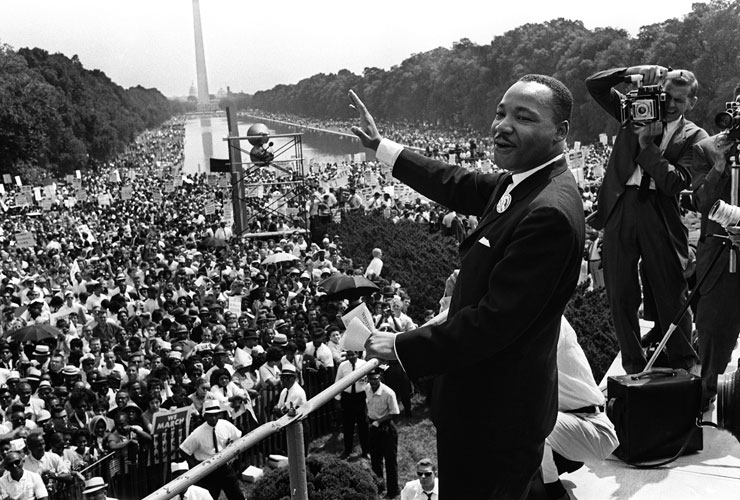
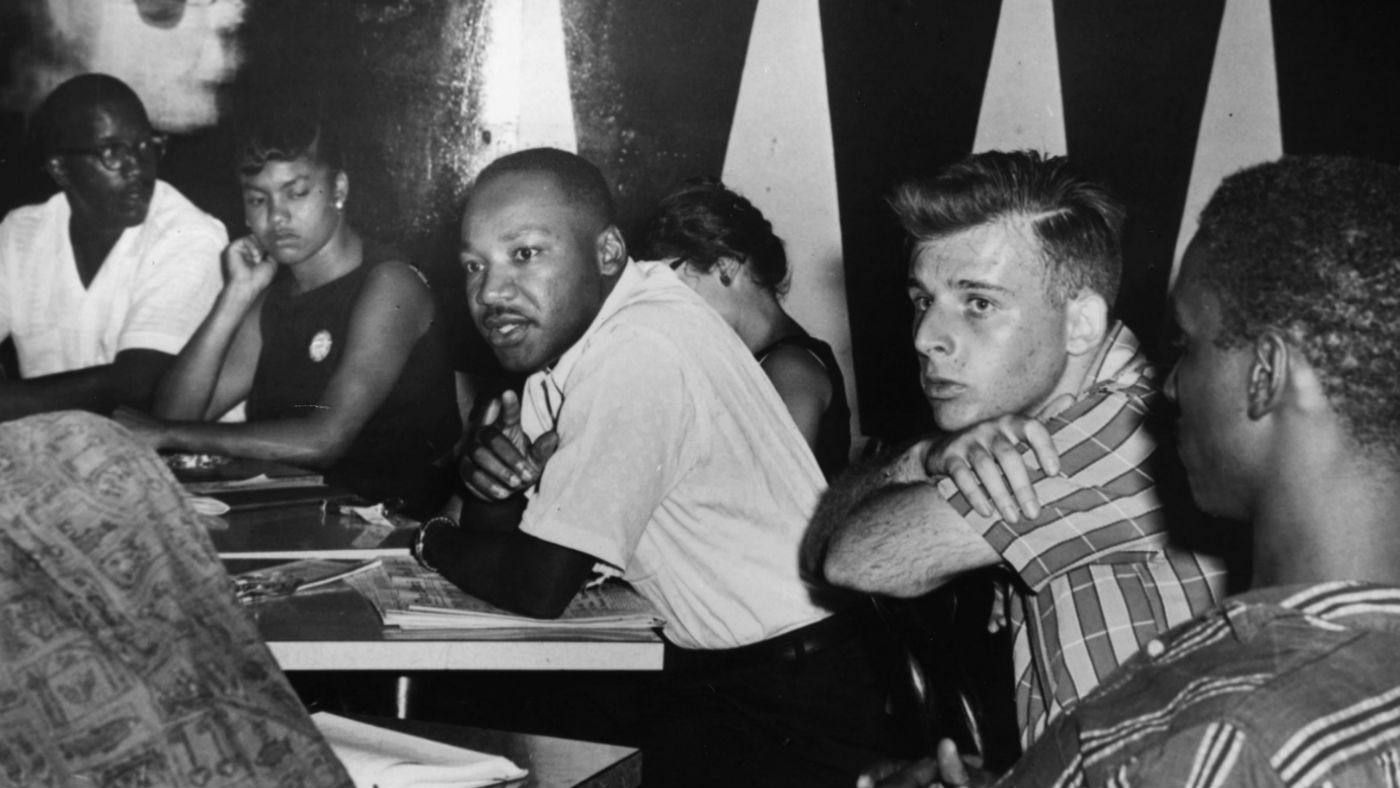
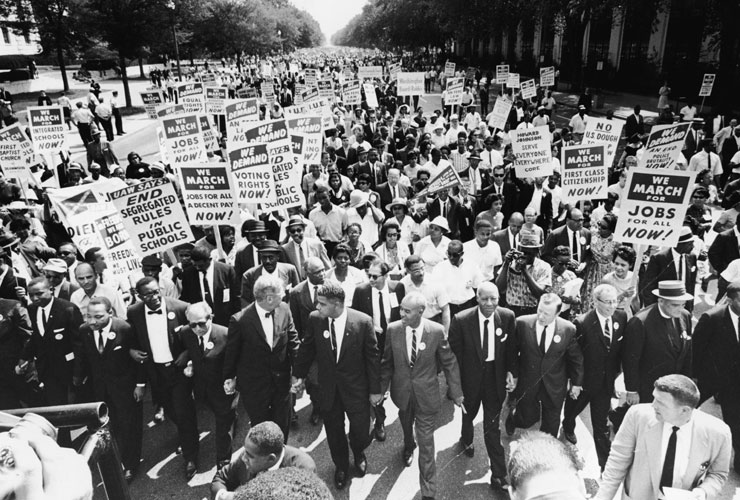
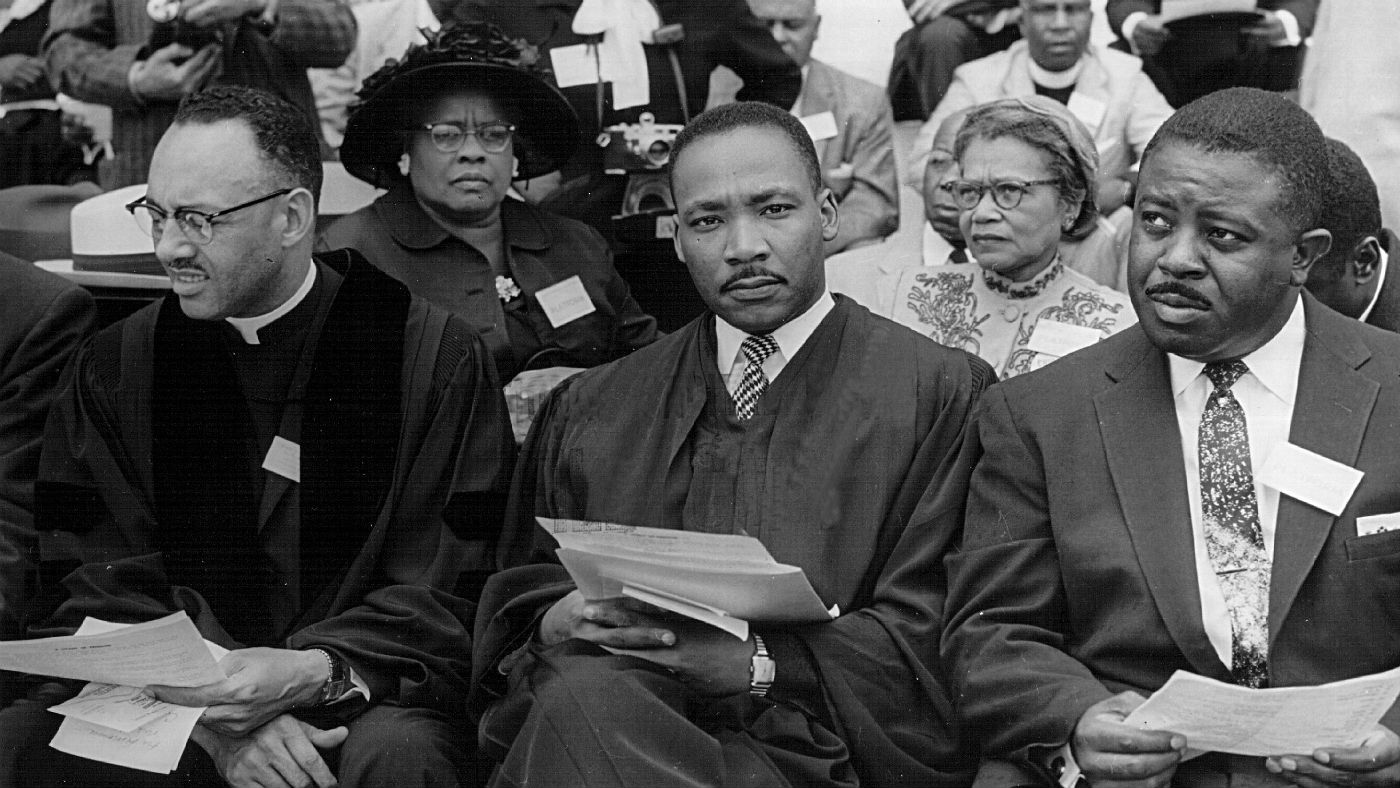
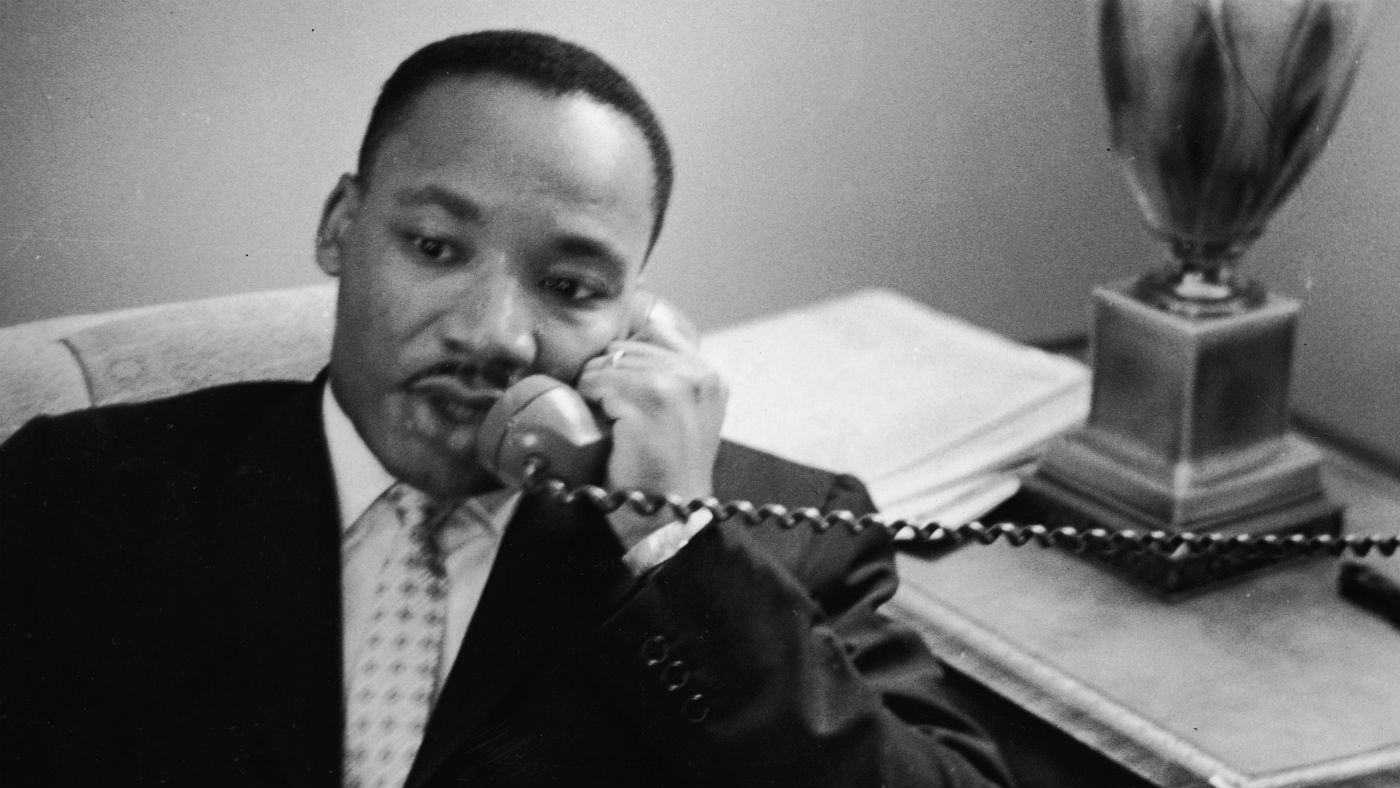
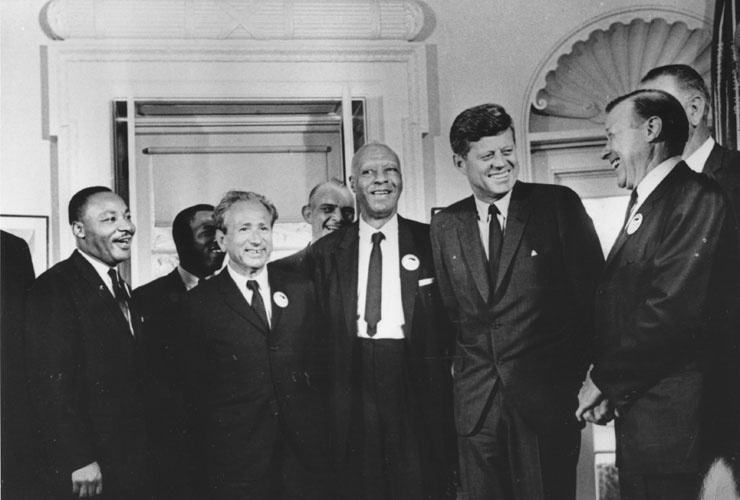
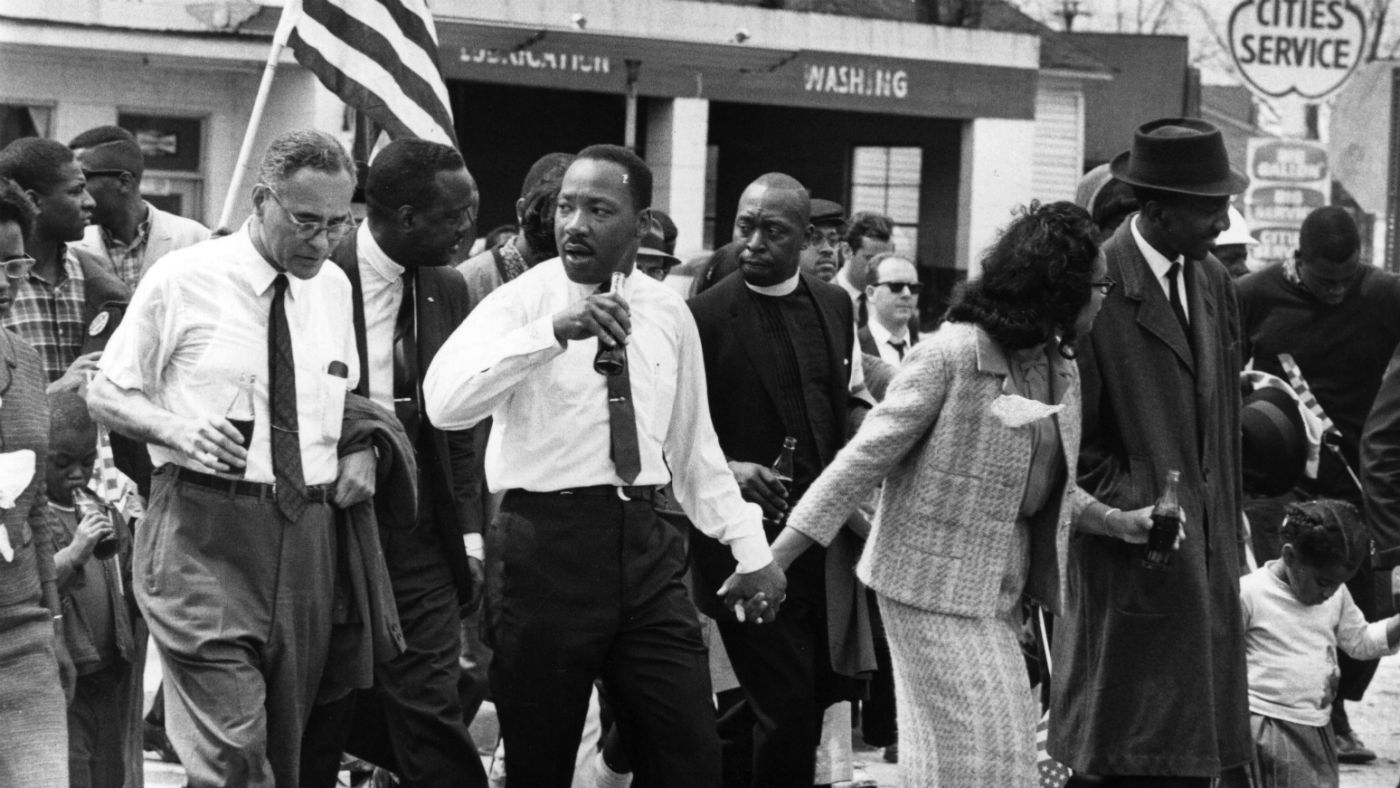
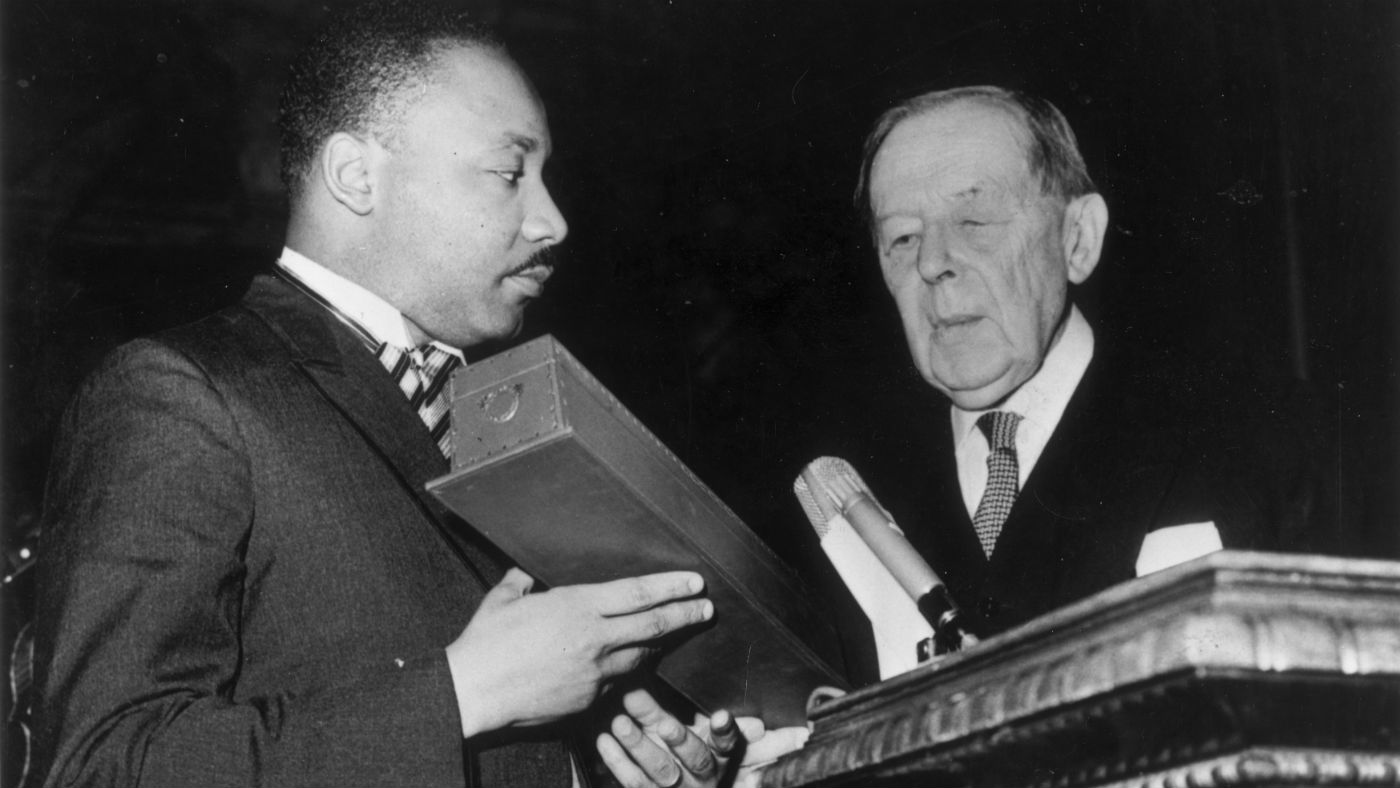
Martin Luther King’s family will join thousands of people in Memphis and scores more across the US this week to mark the 50th anniversary of the assassination of the civil rights leader.
But with many still insisting his death was part of a wider, state-sponsored conspiracy and race and gun violence once again front and centre in America’s national discourse, is it time to reassess the legacy of his death?
Where was Martin Luther King killed?
The Week
Escape your echo chamber. Get the facts behind the news, plus analysis from multiple perspectives.

Sign up for The Week's Free Newsletters
From our morning news briefing to a weekly Good News Newsletter, get the best of The Week delivered directly to your inbox.
From our morning news briefing to a weekly Good News Newsletter, get the best of The Week delivered directly to your inbox.
50 years ago on Wednesday, on 4 April 1968, Martin Luther King was shot dead on a second floor balcony of the Lorraine Hotel in Memphis, Tennessee.
He had arrived in the city just a few days before where he planned to march with striking sanitation workers after the mayor, Henry Loeb, refused to recognise the workers’ union and demands for fairer wages.
While the majority of the workers were black, King “appreciated that the next struggle had to be economic” says Robert Kuttner in Prospect and “was increasingly looking to class to help overcome barriers of race”.
In his prophetic final speech, delivered the night before he died, King considered his own mortality, and, quoting his famous 1963 ‘I have a dream’ address, admitted that he may not make it to the Promised Land.
A free daily email with the biggest news stories of the day – and the best features from TheWeek.com
Who killed him?
Less than 24 hours later, he was dead, killed by a single shot from a rifle later judged to have been fired by 41-year-old James Earl Ray.
An avowed southern white supremacist, Ray entered a guilty plea to forego a jury trial. He died in prison in 1998.
Yet despite his admission of guilt many have long claimed Ray was framed, and that King’s death was part of a wider government conspiracy.
The Washington Post says for the King family and others in the civil rights movement, “the FBI’s obsession with King in the years leading up to his slaying in Memphis on April 4, 1968 — pervasive surveillance, a malicious disinformation campaign and open denunciations by FBI director J. Edgar Hoover — laid the groundwork for their belief that he was the target of a plot”.
King’s wife, Coretta Scott King, maintained up until her death in 2006 that the assassination was the culmination of a wider campaign to discredit and ultimately silenced him. Her family filed a civil suit in 1999 to force more information into the public eye, and a Memphis jury ruled that the local, state and federal governments were liable for King’s death.
Speaking after the verdict, she said: “There is abundant evidence of a major, high-level conspiracy in the assassination of my husband.” The jury found the mafia and various government agencies “were deeply involved in the assassination… Ray was set up to take the blame.”
What happened after?
King’s murder sparked four days of rioting across the US, leading to the deaths of at least 13 people.
In a special address on the evening of the 4 April, President Lyndon Johnson called for calm, even as cities across the country burned.
How will the anniversary be marked?
Members of King’s family will join thousands in Memphis this week to honour the civil rights leader. His daughter Bernice King will be joined by her brother Martin on Tuesday where they will speak at the Mason Temple, where their father delivered his last speech.
What is the legacy of his death?
Michael Honey in The Nation says King’s murder “accelerated the racist backlash of the late 1960s” which along with the murder of Robert F. Kennedy two months later, “led to the election of Richard Nixon, who escalated the Vietnam War and unleashed police and FBI forces against movements for change”.
The trauma of his death, resonant today even among those who were not yet born when he was alive, “has both mythologised him and obscured the difficulties of his final years”, says Jelani Cobb in the New Yorker.
His staunch opposition to the Vietnam War at a time when support was still strong in the US alienated him from large sections of the public. While those on the left, especially within the more militant African-American and youth movements, attacked him for his continued support for non-violent tactics at a time of increasingly violent backlash from white and conservative America.
A Gallup poll taken the year before he died found two-thirds of Americans viewed him unfavourably.
While the intervening 50 years have seen the election of America’s first black president, something that would have seemed inconceivable to King at the time of his death, the civil rights leader “would have recognised the ongoing concerns of poverty, the travails of American cities, and the plague of gun violence” that still haunts the US today, says Cobb.
According to Al Jazeera, 48.3% of black children in America live in poverty, compared with 11.4% of white children, while a separate report found that black median income is still half of white median income - unchanged since 1968.
These ongoing problems which have been emphasised and exacerbated by the election of Donald Trump has put ending poverty and fighting for union rights back on the economic justice agenda today.
Fifty years after King, “Memphis remains an appropriate launch pad for these campaigns”, says Honey, with this year’s anniversary seeing the establishment of a new nationwide Poor People’s Campaign to end poverty, modelled on King’s original crusade.
Speaking to The Guardian ahead of the 50th anniversary, Bernice King insisted that the challenges of the past 15 months have further strengthened King’s legacy, not diminished it.
“Sure, our country is faced with some serious issues, but that makes protest and free speech all the more critical now” she said. “Now you see people standing in the tradition of Martin Luther King Jr and saying this is an injustice, enough is enough, we are going to resist. I don’t see it as a threat, but as an opportunity to complete some of the work he did not get to complete himself”.